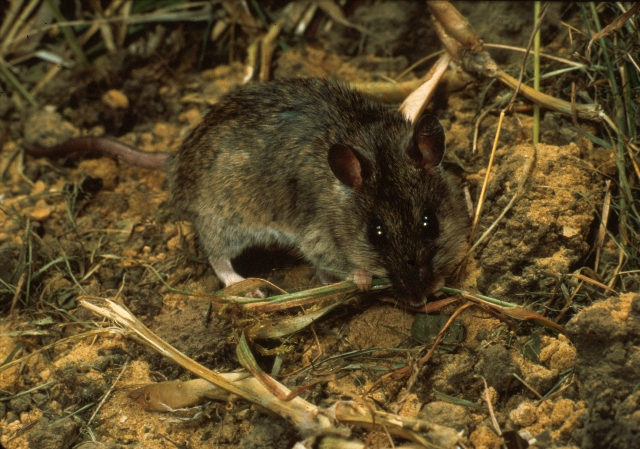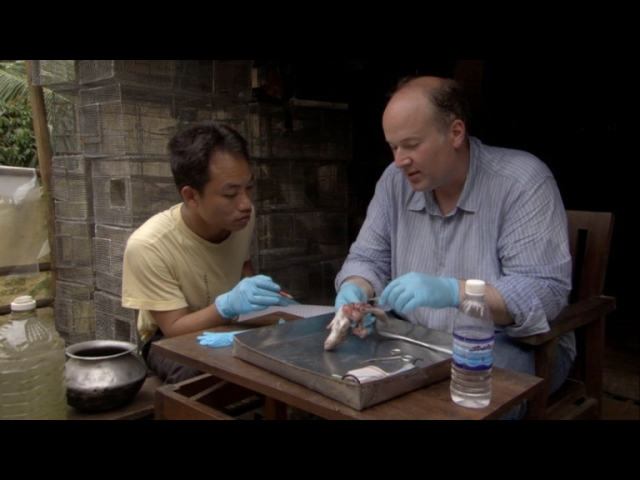Rats are arguably one of the most neglected pest problems across the world. Rodents attack virtually any crop, and their damage and contamination of food is problematic at every stage of the food value chain. Despite this, accurate valuations of loss due to rodents in both pre and post-harvest agriculture are virtually unheard of in any country. More often than not, rodent-borne diseases are not recognized, are poorly diagnosed and treated, with many thousands of poor rural people dying from rodent-borne diseases across the Tropics each year.
 Research on pest rodents is carried out by only a handful of individuals, and there are very few institutions around the world that have sustainable teams of experts working on the topic. This low capacity for innovation has led to a no-win situation whereby low investment in rodent research has led to limited awareness and documentation of the scale of rodent pest problems, making the matter easy to ignore.
Research on pest rodents is carried out by only a handful of individuals, and there are very few institutions around the world that have sustainable teams of experts working on the topic. This low capacity for innovation has led to a no-win situation whereby low investment in rodent research has led to limited awareness and documentation of the scale of rodent pest problems, making the matter easy to ignore.
 Dr Steve Belmain, an ecologist of the Natural Resources Institute, University of Greenwich is one of the few scientists around the world who is researching rodents. Last week he gave a presentation at the University of British Colombia, Canada on "Swarms, Plague and Famine: The Challenges of Rodent Pest Management in the Tropics". The lecture provided evidence that an Ecologically Based Rodent Management (EBRM) strategy could be one of the most important interventions of the 21st century across the Tropics to reduce poverty and improve people's livelihoods.
Dr Steve Belmain, an ecologist of the Natural Resources Institute, University of Greenwich is one of the few scientists around the world who is researching rodents. Last week he gave a presentation at the University of British Colombia, Canada on "Swarms, Plague and Famine: The Challenges of Rodent Pest Management in the Tropics". The lecture provided evidence that an Ecologically Based Rodent Management (EBRM) strategy could be one of the most important interventions of the 21st century across the Tropics to reduce poverty and improve people's livelihoods.
Steve has become one of the leading international scientists researching the ecology of rodents as pests in agriculture and as disease vectors. His research has been crucial in understanding the transmission risks of Lassa fever and plague, as well as understanding the fundamental drivers of rodent population outbreaks.

